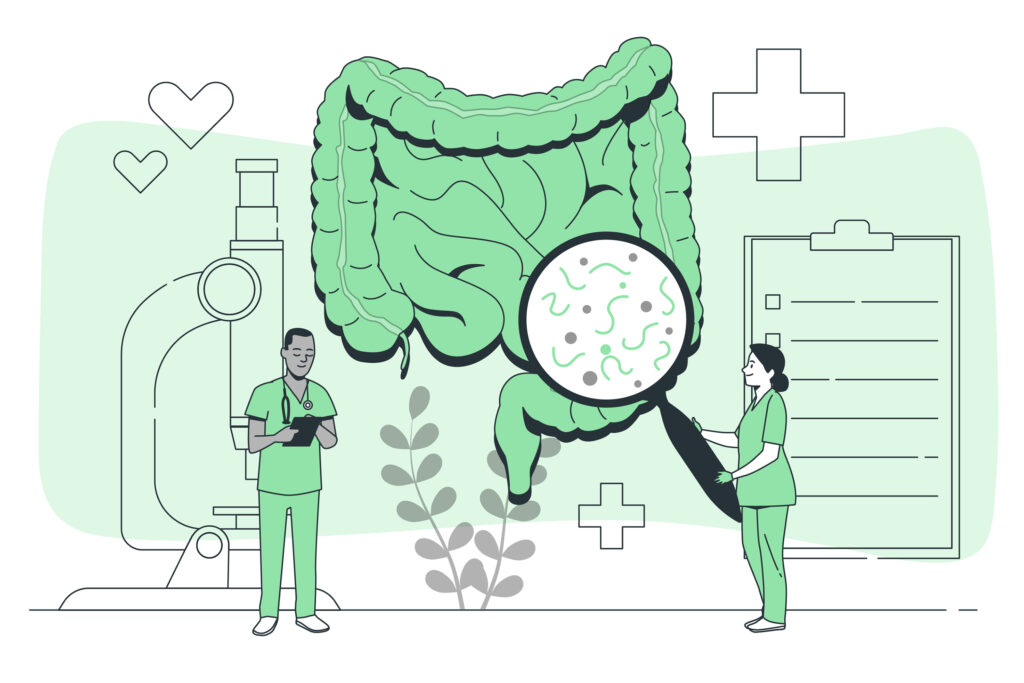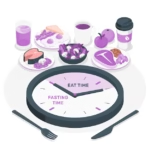Struggling with constipation? Discover scientifically backed causes, symptoms, home remedies, best foods, treatments, and prevention tips to relieve constipation naturally and effectively.
Constipation is one of the most common gastrointestinal complaints globally, affecting people of all ages and lifestyles. It’s more than just occasional discomfort, it can lead to a range of health problems if left untreated. Whether you’re experiencing infrequent bowel movements, hard stools, or a constant feeling of incomplete evacuation, you’re not alone.
This comprehensive guide offers a deep dive into what causes constipation, how to treat it naturally, scientific solutions, and effective prevention tips, all in simple language for every reader.
What is Constipation?
Medically, constipation refers to infrequent, difficult, or incomplete bowel movements, typically fewer than three times per week. But it’s more than just frequency, it’s also about stool consistency and the effort needed to pass it.
There are two primary types:
Acute constipation: Sudden onset, short-lived, often due to a change in routine or diet.
Chronic constipation: Lasts for several weeks or months and may signal an underlying issue.
Signs and Symptoms
Early recognition of constipation helps with quicker relief. Common symptoms include:
∆ Hard, dry, or pellet-like stools
∆ Straining during bowel movements
∆ Feeling of incomplete emptying
∆ Abdominal pain or bloating
∆ Gas or heaviness in the lower abdomen
∆ Decreased appetite
∆ Nausea or fatigue due to toxin buildup in the gut
Chronic constipation may also result in hemorrhoids, anal fissures, or rectal prolapse due to persistent straining.
What Causes Constipation?
Understanding the root cause is crucial for long-term management.
1. Low Fiber Intake
Fiber is essential for stool formation and movement. A fiber-deficient diet slows transit time in the colon.
2. Dehydration
Water helps soften stool. Inadequate fluid intake makes stools hard and difficult to pass.
3. Sedentary Lifestyle
Lack of movement weakens intestinal muscle activity. Even light walking stimulates bowel function.
4. Poor Diet
Excess processed foods, red meat, dairy, and sugary snacks contribute to sluggish digestion.
5. Delayed Bowel Movements
Ignoring the urge regularly can desensitize the bowel reflex.
6. Medications
Iron supplements, calcium channel blockers, antacids, antidepressants, and opioids are common culprits.
7. Hormonal Changes
Pregnancy, menopause, thyroid imbalance, and diabetes can affect gut motility.
8. Neurological Disorders
Parkinson’s disease, spinal injuries, and multiple sclerosis can cause severe constipation.
Who is More Prone to Constipation?
Certain groups are more likely to suffer from constipation:
• Elderly people: Due to decreased gut motility and medication use
• Pregnant women: Hormonal shifts and uterine pressure
• Children: Poor dietary habits or toilet training issues
• People with limited mobility
• Individuals with high stress or anxiety levels
Natural Home Remedies for Constipation
1. Start Your Day With Warm Water
Drinking warm water with lemon on an empty stomach stimulates digestion and encourages bowel movement.
2. Increase Fiber Gradually
Add soluble (oats, apples, chia seeds) and insoluble (whole grains, leafy greens) fiber to bulk up stool.
3. Soaked Raisins or Prunes
Natural laxatives, rich in sorbitol, which pulls water into the intestine.
4. Psyllium Husk (Isabgol)
A soluble fiber supplement that increases stool bulk and promotes regularity. Always take it with water.
5. Flaxseeds and Chia Seeds
These are high in fiber and omega-3s, and act as gentle laxatives when soaked overnight.
6. Castor Oil (Occasional Use)
Stimulates intestinal muscles but should be used cautiously and not regularly.
7. Triphala Powder (Ayurvedic Remedy)
This combination of herbs improves peristalsis and detoxifies the digestive tract.
8. Senna Leaves or Tea
Contains sennosides that trigger bowel contraction. Ideal for short-term relief.
Foods That Help Relieve Constipation
These stool-softening foods should be a regular part of your diet:
- Papaya – Contains papain, a digestive enzyme.
- Apples & Pears – High in pectin and fiber.
- Spinach & Kale – Rich in magnesium and insoluble fiber.
- Whole grains (Brown rice, Millet, Oats) – Promote healthy transit time.
- Figs, Dates, Prunes – High in fiber and natural sugars.
- Yogurt with Probiotics – Boosts gut flora balance.
- Beets, Carrots, Cabbage – Cleanse the digestive tract.
- Legumes (Lentils, Chickpeas, Beans) – Great plant-based fiber sources.
Lifestyle Modifications That Help
1. Stay Hydrated
Aim for 8–10 glasses of water daily. Include herbal teas or warm fluids.
2. Establish a Routine
Try visiting the toilet every morning. Don’t rush or delay the urge.
3. Exercise Regularly
Walking, yoga, and stretching improve intestinal movement.
4. Practice Abdominal Massage
Gentle clockwise massage can stimulate colonic activity.
5. Stress Management
Meditation, journaling, or breathing exercises may help reduce stress-related constipation.
Medical Treatment for Constipation
If lifestyle remedies don’t work, consider medical assistance:
∆ Laxatives (Stimulant, Bulk-forming, Osmotic)
∆ Stool softeners (Docusate sodium)
∆ Enemas or suppositories
∆ Prescription medications (Lubiprostone, Linaclotide)
Surgical intervention in rare cases like intestinal obstruction
When to See a Doctor

Consult a physician if you experience:
- Constipation lasting more than 2–3 weeks
- Blood in stool or rectal bleeding
- Severe abdominal cramps
- Sudden unexplained weight loss
- Vomiting or nausea with bloating
These may indicate serious conditions like colon polyps, IBS, or colorectal cancer.
Prevention Tips for Long-Term Relief
– Include both soluble and insoluble fibers
– Maintain a consistent sleep-wake schedule
– Avoid overuse of laxatives
– Reduce alcohol and caffeine
– Practice mindful eating and chew food thoroughly
– Limit highly processed, high-fat diets
Myths vs Reality
1. Myth: Drinking milk helps digestion.
Reality: Dairy can worsen constipation in some people.
2. Myth: Laxatives are safe for daily use.
Reality: Overuse may lead to dependency and worsen gut health.
3. Myth: Constipation only affects older people.
Reality: It affects people of all ages, including children.
4. Myth: One bowel movement a day is mandatory.
Reality: Frequency varies by individual; 3 times/week to 3 times/day is normal.
Constipation can be frustrating, but it’s usually manageable with small lifestyle changes, dietary adjustments, and natural remedies. By incorporating fiber-rich foods, hydration, movement, and gut-friendly habits, you can improve digestion and prevent recurrence. And most importantly, listen to your body — don’t ignore the signals it sends.
Take care of your gut health, and your body will thank you in more ways than one.


